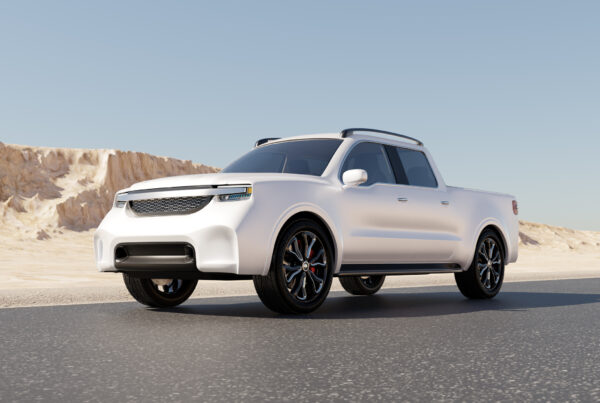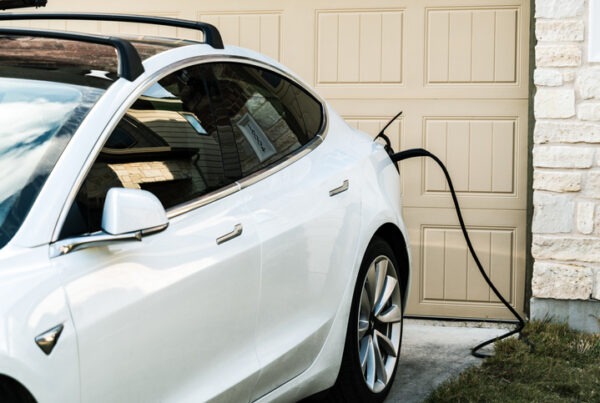Data from the Federal Chamber of Automotive Industries (FCAI) has shown a 1.8 increase in new car sales in February 2023 compared to the same period last year. According to the latest VFacts, 86,878 vehicles were delivered during this month.
“This is the best February result since 2019. It is particularly pleasing given global and domestic supply constraints,” FCAI Chief Executive Tony Weber said.
Sales across states and territories were mixed. Vehicle sales increased in the ACT (up 7.2 per cent with 1,454 vehicles sold), New South Wales, (up 4.7 per cent or 27,600 units sold), Northern Territory (up 2.8 percent with 725 units sold), and Western Australia, (up 16.7 per cent or 9,815 vehicles sold).
Meanwhile, sales in Queensland decreased by 2.8 per cent (18,427); South Australia, 4.5 per cent (5,549); Tasmania 9.4 percent (1,414); and Victoria 1.3 percent (21,894).
Toyota led the market with a total of 14,332 vehicles sold. Mazda was second (7,667), followed by Ford (6,022), Kia (6,000) and Hyundai (5,504).
The Ford Ranger was the highest selling model with 4,473 sales reported. Toyota’s Hi-Lux followed with 3,939. Tesla’s Model 3 was third with 2,671 followed by Mazda’s CX-5 (2,600) and Mitsubishi’s Outlander (2,166).
BEVs Outsold Hybrids
For the month of February, battery electric vehicles (BEVs) managed to outsell their plug-in hybrid (PHEVs) counterparts. BEVs accounted for 6.8 per cent of sales with 5,932 sold in February whereas there were only 454 PHEV units sold.
Overall, zero and low emission vehicles made up 13.9 per cent of the total new car sales this month with 12,102 units sold.
“Growing sales of electric vehicles proves that where a battery electric product exists which suits the driving habits, needs and finances of Australian motorists, they will purchase these vehicles,” Mr Weber said.
“The number of low emission vehicle sales demonstrates that there is an appetite among Australians for environmentally friendly vehicles. However, if we wish to accelerate this transition to a broader range of consumers in all parts of the country, Australia needs to adopt a fuel efficiency standard,” Mr Weber added.
Did you find this article interesting? Give it a ‘like’ by clicking the ‘heart’ button above!





















